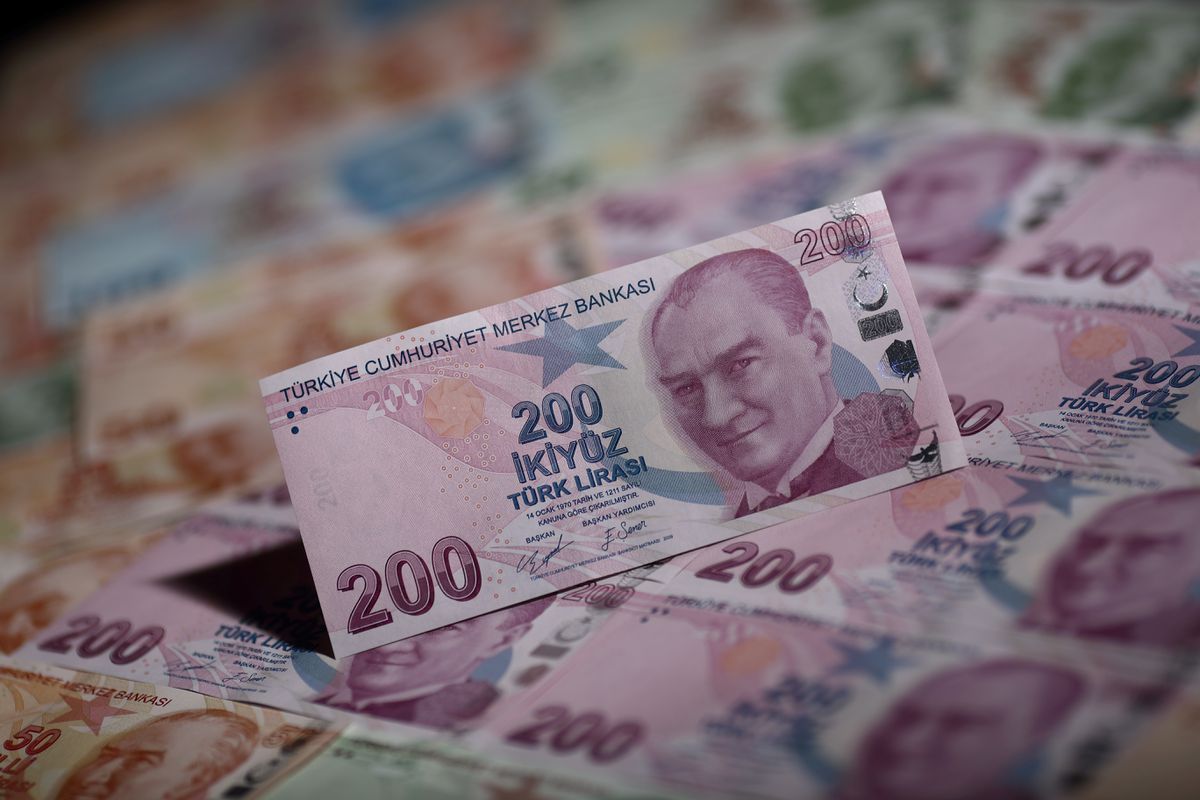Mohammed Momoh
In less than a week after the senate approved a $5.8 billion borrowing, bringing Nigeria debt to $92 billion, the Socio-Economic Rights and Accountability Project (SERAP) has warned President Muhammadu Buhari to issue an immediate moratorium on borrowing.
The senate had also on December 15, 2021 approved a grant component of $10 million under the 2018-2020 External Borrowing (Rolling) plan of Nigeria.
President Buhari on May 6, 2021 in a letter, requested the Senate to consider and approve the 2018-2020 External Borrowing (Rolling) plan.
In the plan, $2,300,000,000 would be sourced from the World Bank, $2,300,000,000 from the German Consortium, $90,000,000 from the Islamic Development, 786,382,967 from the China Exim Bank, $276,981,586.50 from the Bank of China, and $50,000,000 from the International Fund for Agricultural Development.
The plan contained a request for approval in the sum of $36,837,281,256 plus €910,000,000 and grant component of $10 million.
Worried by the mounting debt, SERAP, a notable rights body, on December 18, 2021 urged President Buhari to place embargo on further borrowing by the Federal Government and the 36 states in order to address a systemic debt crisis.
The group said the aim was to also prevent retrogressive economic measures, and the disproportionately negative impact of unsustainable debt on the poor Nigerians.
In an open letter dated 18 December 2021 and signed by SERAP deputy director, Mr Kolawole Oluwadare, the organisation said: “A moratorium on borrowing would create a temporary debt standstill, and free up fiscal space for investment in Nigerians’ needs, as well as ensure sustainable economic and social recovery from the COVID-19 pandemic.”
“Without a moratorium on borrowing, your government and many of the 36 states may be caught in a process driven mostly by creditors’ needs. This will result in an exorbitant social cost for the marginalized and vulnerable sectors of the population.”
“Long-term unsustainable debt can be a barrier to the government’s ability to mobilize resources for human rights, and may lead to taxes and user fees that impact negatively on vulnerable and marginalised Nigerians, ”SERAP said.
It said it was concerned about the lack of transparency and accountability in the spending of the loans so far obtained, as well as doubt the terms and conditions, including repayment details of these loans.
“While the National Assembly has asked for these details in future loan requests, it ought to have seen and assessed the terms and conditions of these loans before approving them, in line with its oversight responsibility under the Nigerian Constitution of 1999 [as amended].
“If not urgently addressed, the escalating borrowing and looming debt crisis would cripple the ability of both the Federal Government and the 36 states to deliver essential public services such as quality healthcare, education, and clean water to the most vulnerable and marginalised sectors of the population.
“Sustainable debt management by the Federal Government and state governments will contribute to mobilizing resources for human rights and essential public services, and promote a culture of responsible borrowing.’’
Aside the federal government, several of the 36 states are also facing a debt crisis, and vicious debt cycles.
According to the Debt Management Office, the foreign debt stock of the Federal Government, 36 state governments and the Federal Capital Territory presently stands at $37.9bn.
According to the National Bureau of Statistics (NBS), 38.60 per cent of the debt is external and 61.40 per cent domestic.
Mr Laoye Jaiyeola, Chief Executive Officer of the National Economic Summit Group (NESG), said that the revenue that goes into debt servicing is on the high side.
Jaiyeola explained that expending between 25 percent and 30 percent of national revenue on debt servicing, as presently done by the Nigerian government, was not sustainable.
Before the latest approval, Nigeria’s Debt Management Office (DMO) reports that the Total Public Debt Stock which comprises of the Debt Stock of the Federal Government of Nigeria (FGN), thirty-six (36) State Governments and the Federal Capital Territory (FCT) stood at N33.107 trillion or $87.239 billion.
The Debt Stock also includes Promissory Notes issued to settle the inherited arrears of the federal government to State Governments, Oil Marketing Companies, Exporters and Local Contractors.













